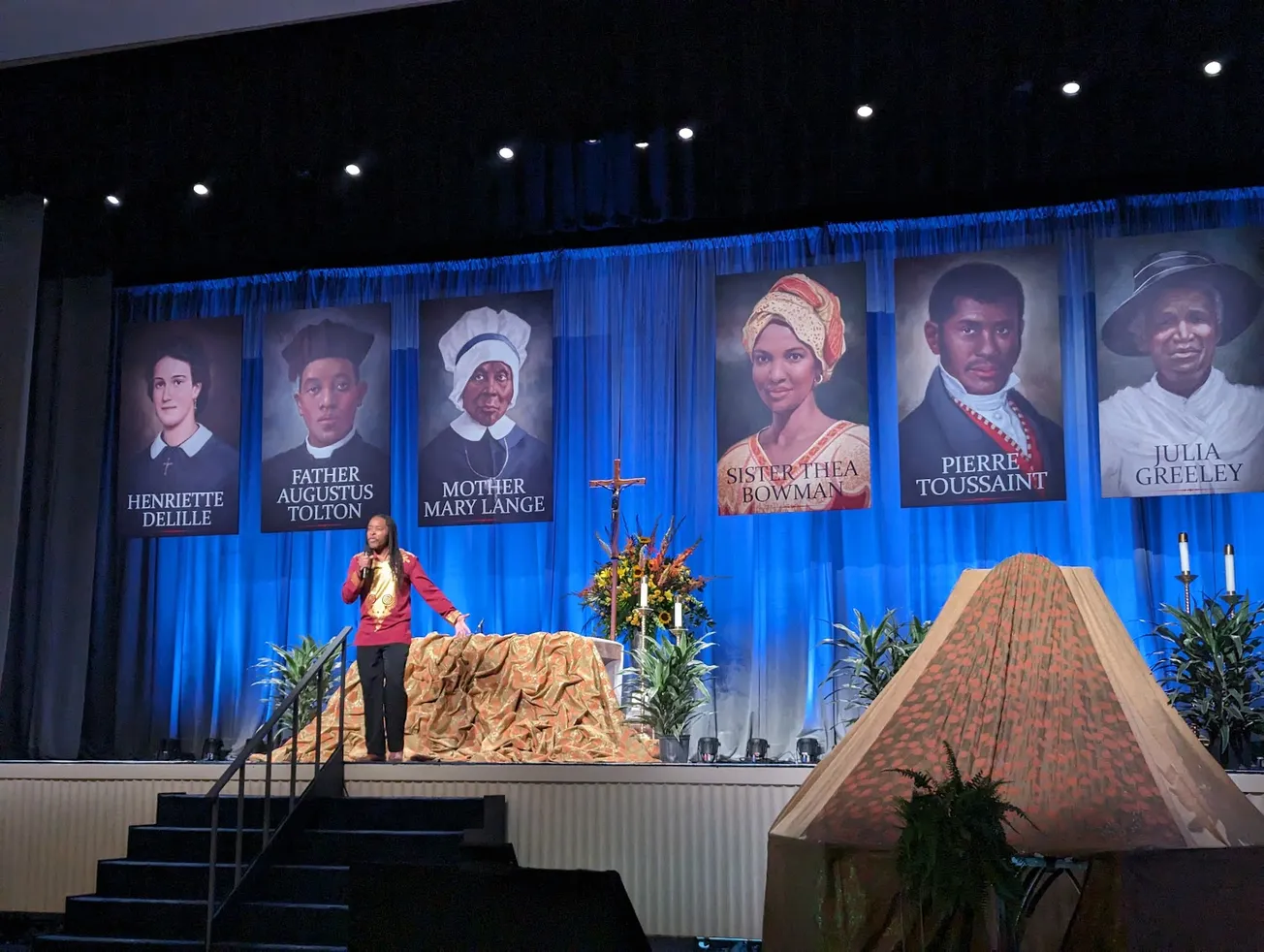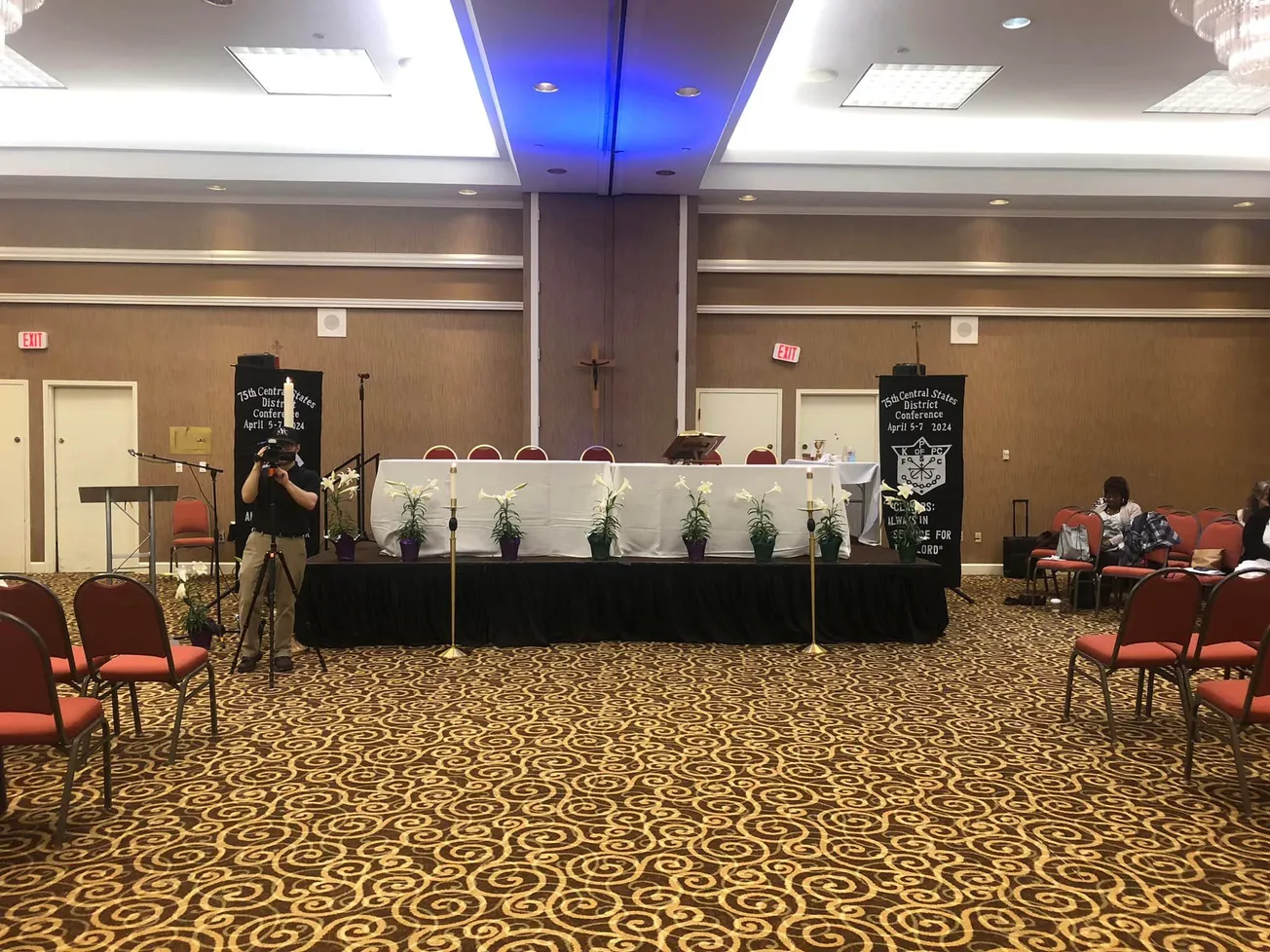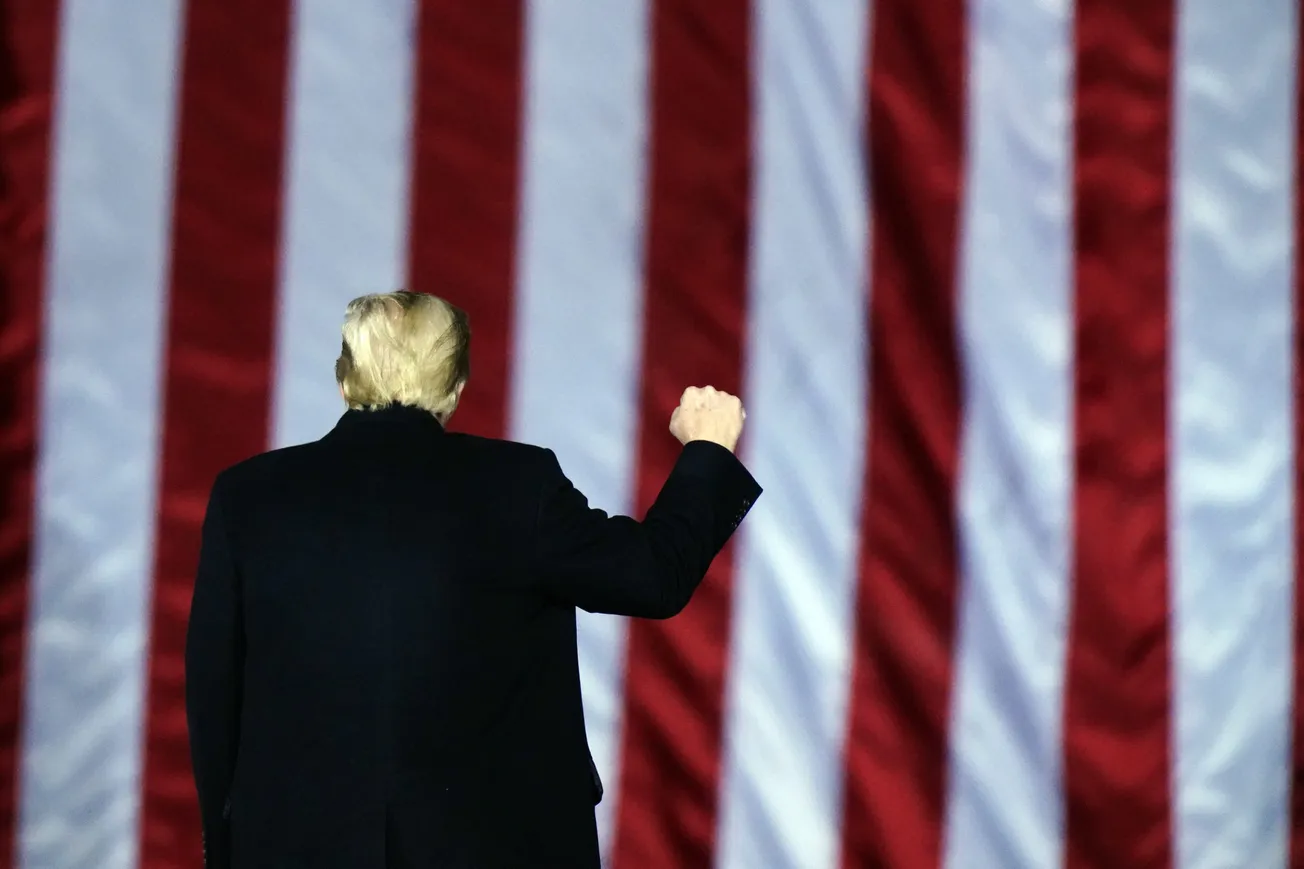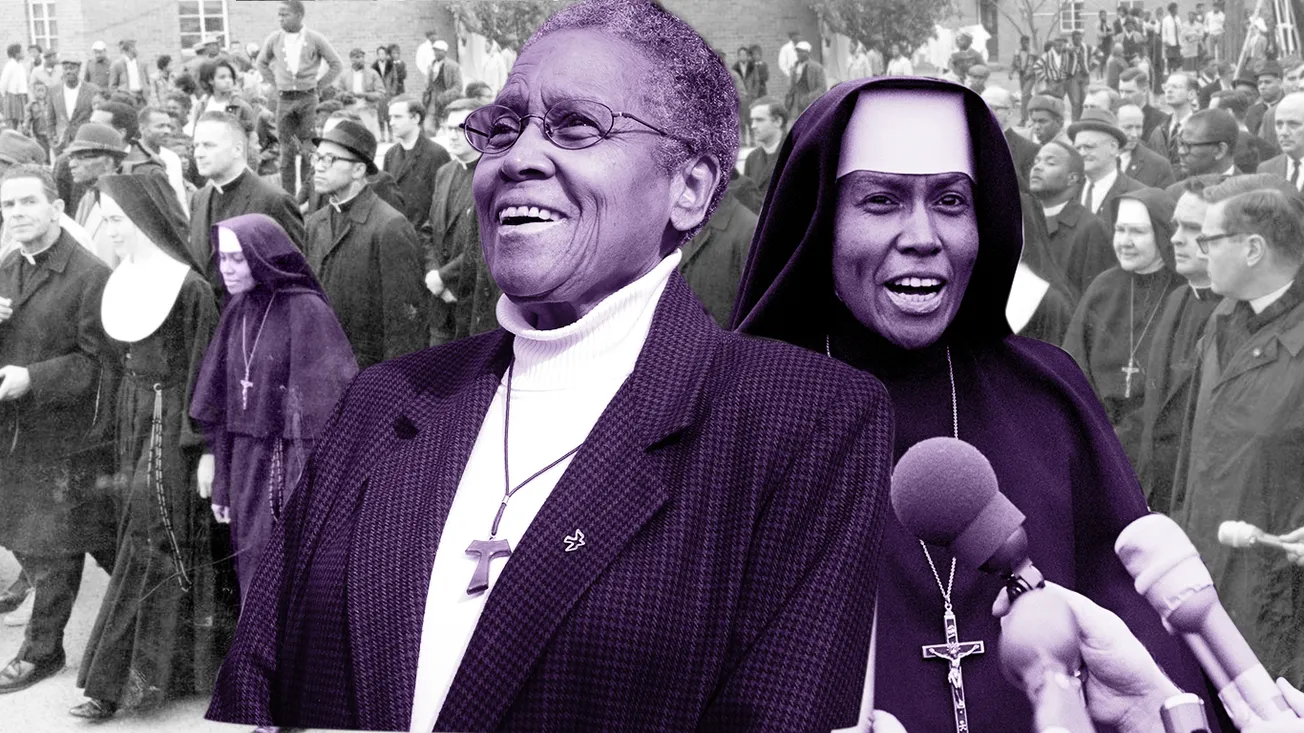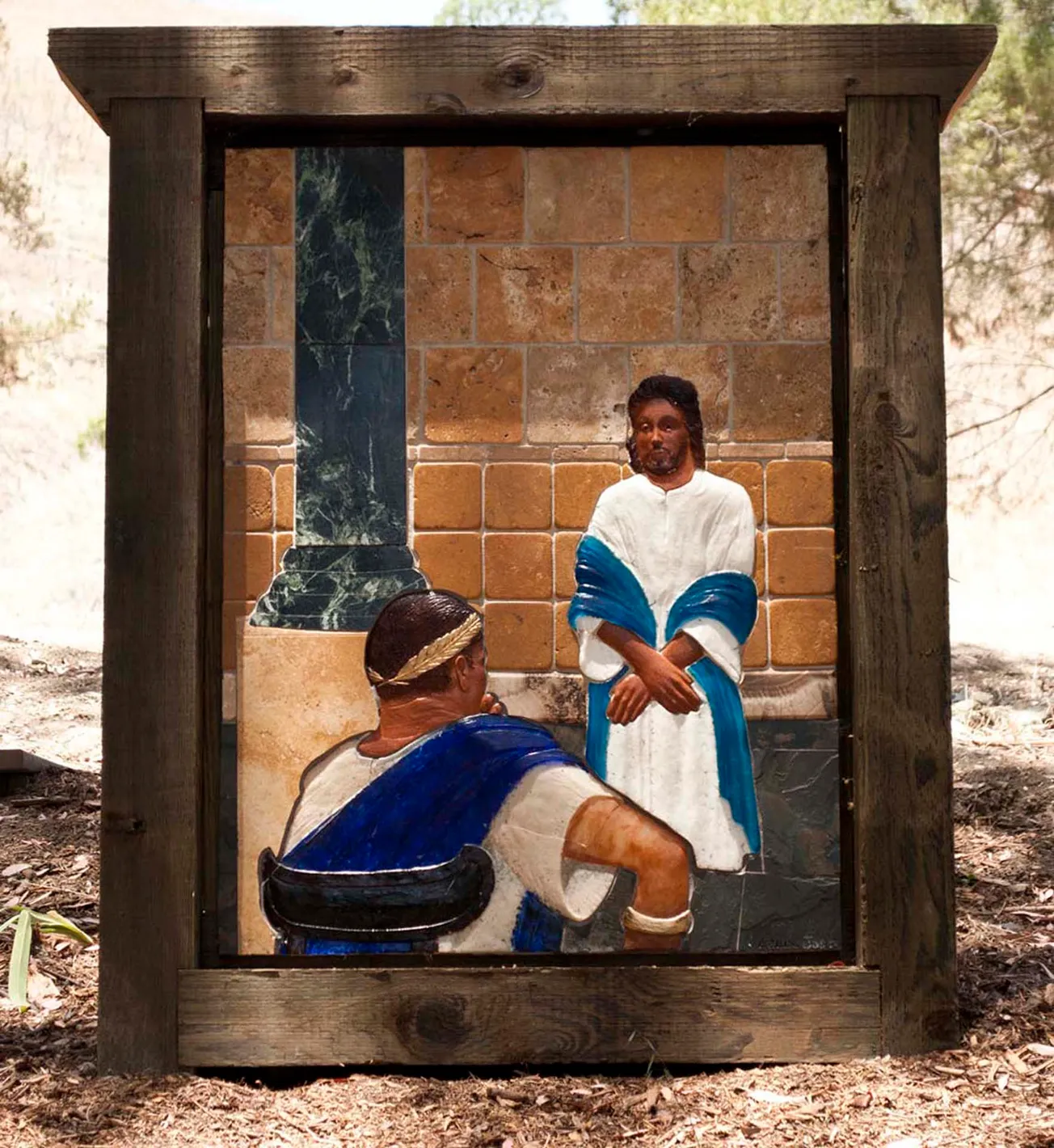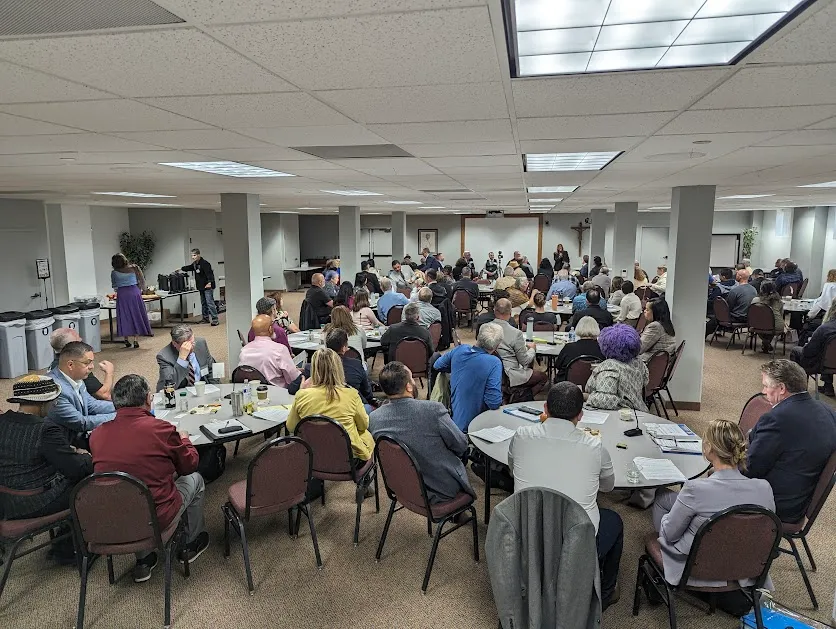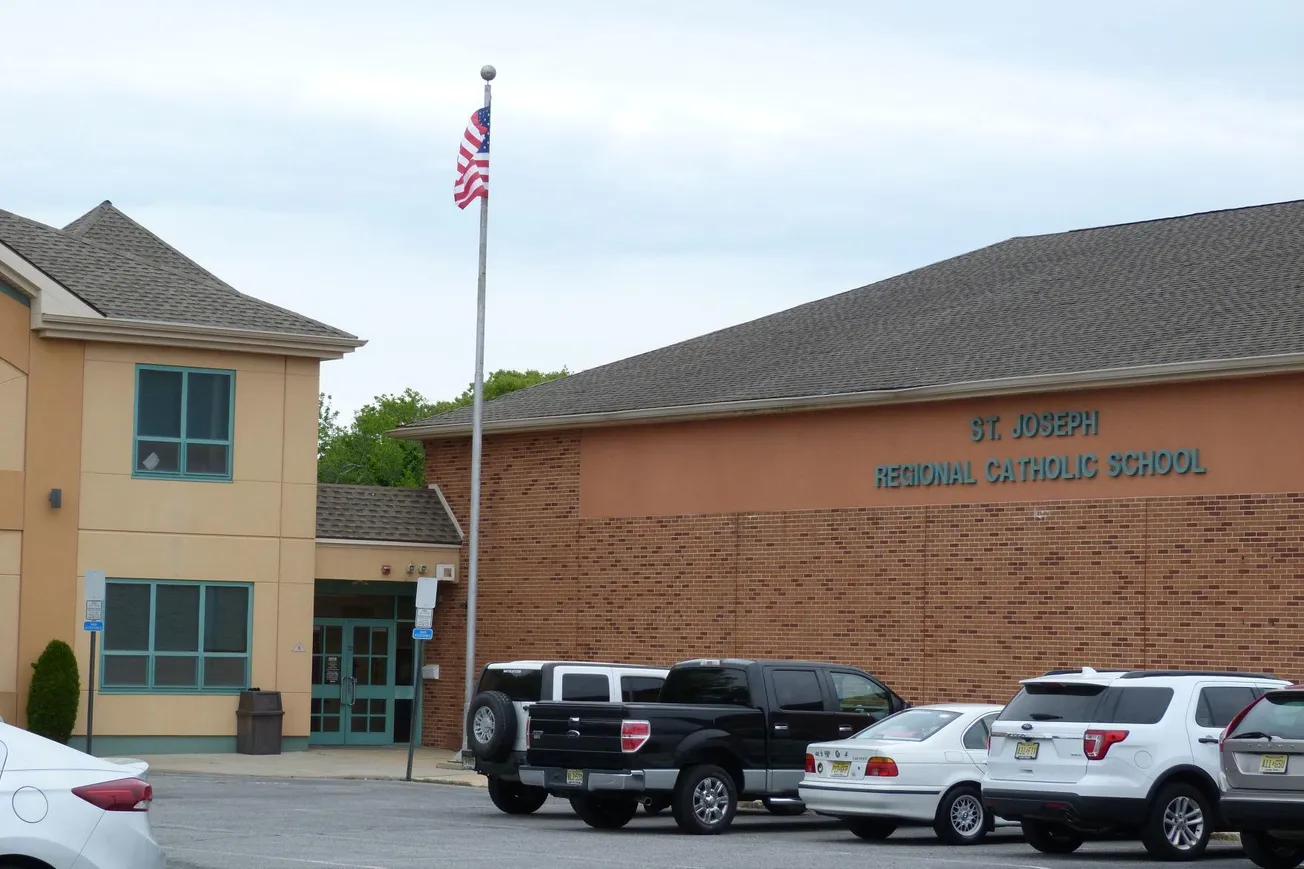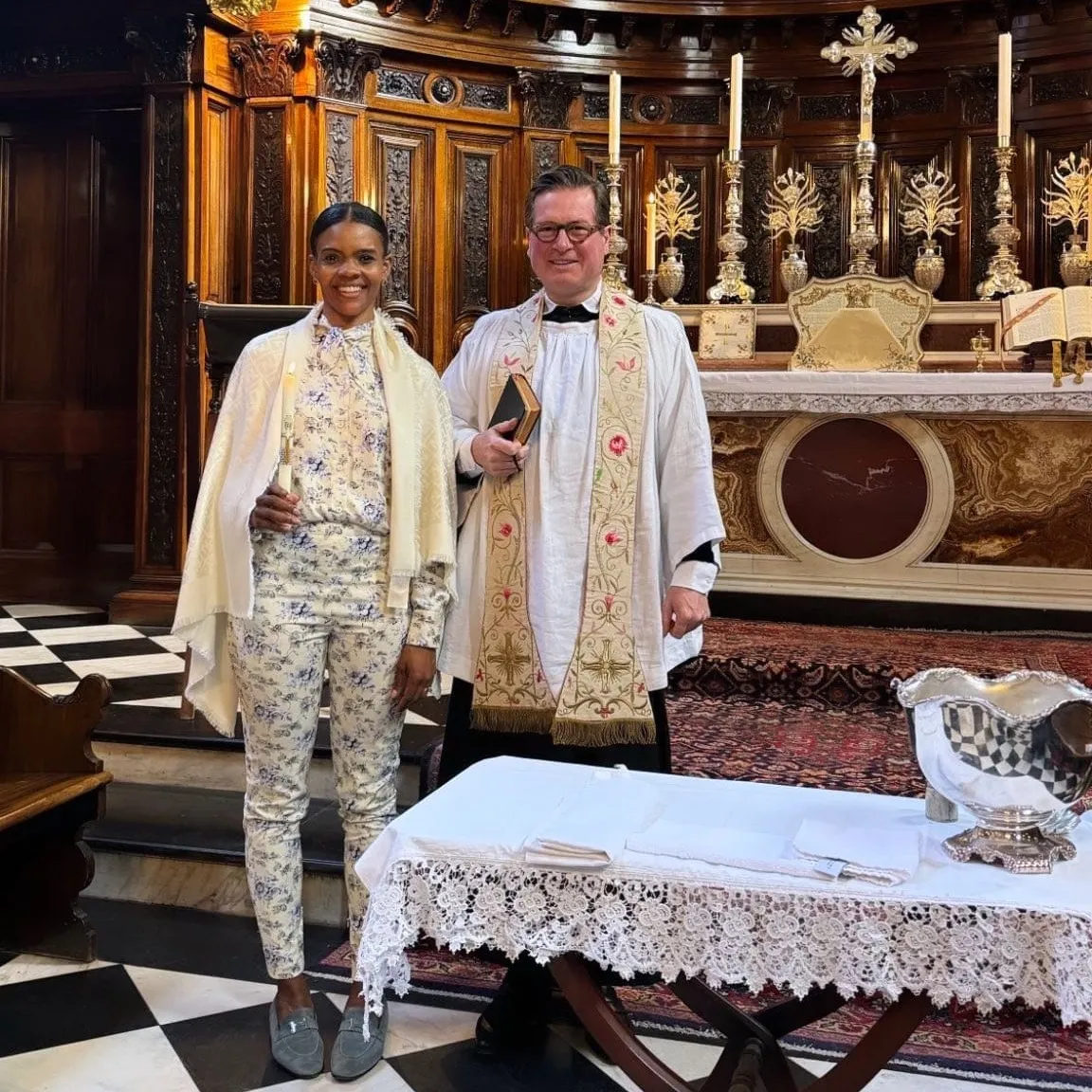During the 2023 National Black Catholic Congress, I was among those moved by the beautiful banners depicting six of the African-American Catholics currently under consideration for canonization. All are representative of what many have called the “uncommon faithfulness” of our faith community.
Uncommon faithfulness is the distinctly unique Black Catholic devotion to an institutional church that historically and often currently limits or undermines their full humanity. The six are typical of Black Catholics who embrace a faith in Jesus the Liberator, the Holy Spirit, the Reign of God, the Gospel, and the Eucharist that surpasses the limitations of the institutional Catholic Church.
These six—Fr. Augustus Tolton; Sr Thea Bowman, FSPA; Mother Henriette DeLille, SSF; Mother Mary Lange, OSP; Pierre Toussaint; and Julia Greeley, OFS model the perseverance, devotion, and love often lacking in our world today. They currently are on the road to sainthood, and we await their canonization with great anticipation.
But while we wait, we are not idle. One characteristic of Black Catholics that I have learned since the time of my conversion in 1998 is that we are people on the move. One of the most memorable aspects of the most recent Congress gathering was meeting so many people from around the country whose good works are an integral part of their Catholic faith. Every conversation—whether over a meal, on the bus, before a workshop, or in the hallway—revealed some vocation for community uplift, social justice, educational opportunity, or other engagement in the common good.
I met attorneys working for economic justice, individuals who founded a community college in an area without advanced educational resources, people who worked for racial justice in their diocese, and many others working for the common good. Their collective work reminded me of Jesus’ words in John 14:1:
“The one who believes in me will also do the works that I do, and, in fact, will do greater works than these.”
Indeed, Black Catholics are among “the great multitude that no one could count, from every nation,” who represent Christ on earth through their works of mercy and justice.
Years ago in Seattle, I was part of a monthly Black Catholic men’s breakfast. Our monthly conversations were a window into the often quiet Black Catholic imprint on society. Among us were fire battalion chiefs, diversity officers, musicians, educators, architects, homeless service providers, and school principals. I would suggest that this is characteristic of the three million Black Catholics in the United States. If you look among the members of Black Catholic parishes, or among the 75% of Black Catholics who attend parishes where they are not the majority, you will find many who quietly serve their family, parish, diocese, race, and community.
So, while we await the canonization of the six, we are aware both of our own duty to continue in our work and of those who accompany us in the work of the Gospel. The influence of Black Catholics in our nation is much like Catholic social teaching: a best-kept secret. Harry Belafonte, the first Black person to win an Emmy, learned his values from his Catholic mother, Melvine. Lena Horne, the first African American to land a contract in Hollywood, was a frequent Mass attendee. The convert Toni Morrison, author of “Beloved,” “The Bluest Eye,” and many other classics, said the Catholic embrace of harsh reality and transcending love was implicit in her writings. Jazz great Mary Lou Williams, another convert, wrote “Black Christ of the Andes,” an album in honor of the Peruvian saint Martin de Porres. In 1889, Daniel Rudd initiated the Catholic Colored Congress, a movement succeeded by the National Black Catholic Congress. These and many others bear witness.
And what of Africa itself, where Catholicism is growing in many parts of the continent? Among the millions of African Catholics are inspirational figures like Sr Rosemary Nyirumbe, SHS of Uganda, working to restore dignity to child victims of war, sex slavery, and violence. The slain Jesuit priest Fr. Engelbert Mveng, laywoman Marguerite Barankitse, and thousands of others also model Jesus giving himself for the life of the world.
These are but a few of the innumerable Black Catholics who left their imprint on our society. So, as we await the canonization of six (or more) African-American Catholics, I know we are not idle, but rather following our call. We are living as Jesus asked, putting our light on the lampstand and thus giving light to all that are in the house.
Daryl Grigsby is the author of “In Their Footsteps: Inspirational Reflections on Black History For Every Day of the Year.” He is on the board of directors for Color Me Human and has a Master’s in Pastoral Studies from Seattle University’s School of Theology and Ministry.



